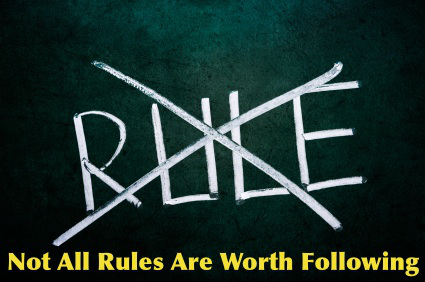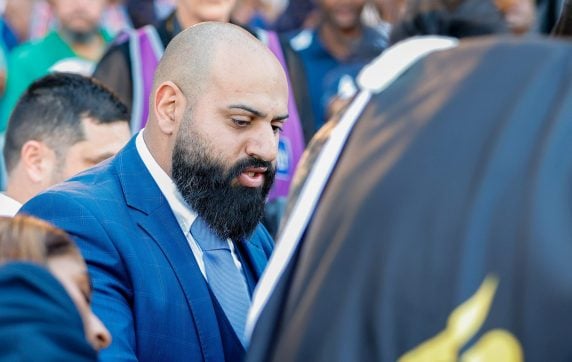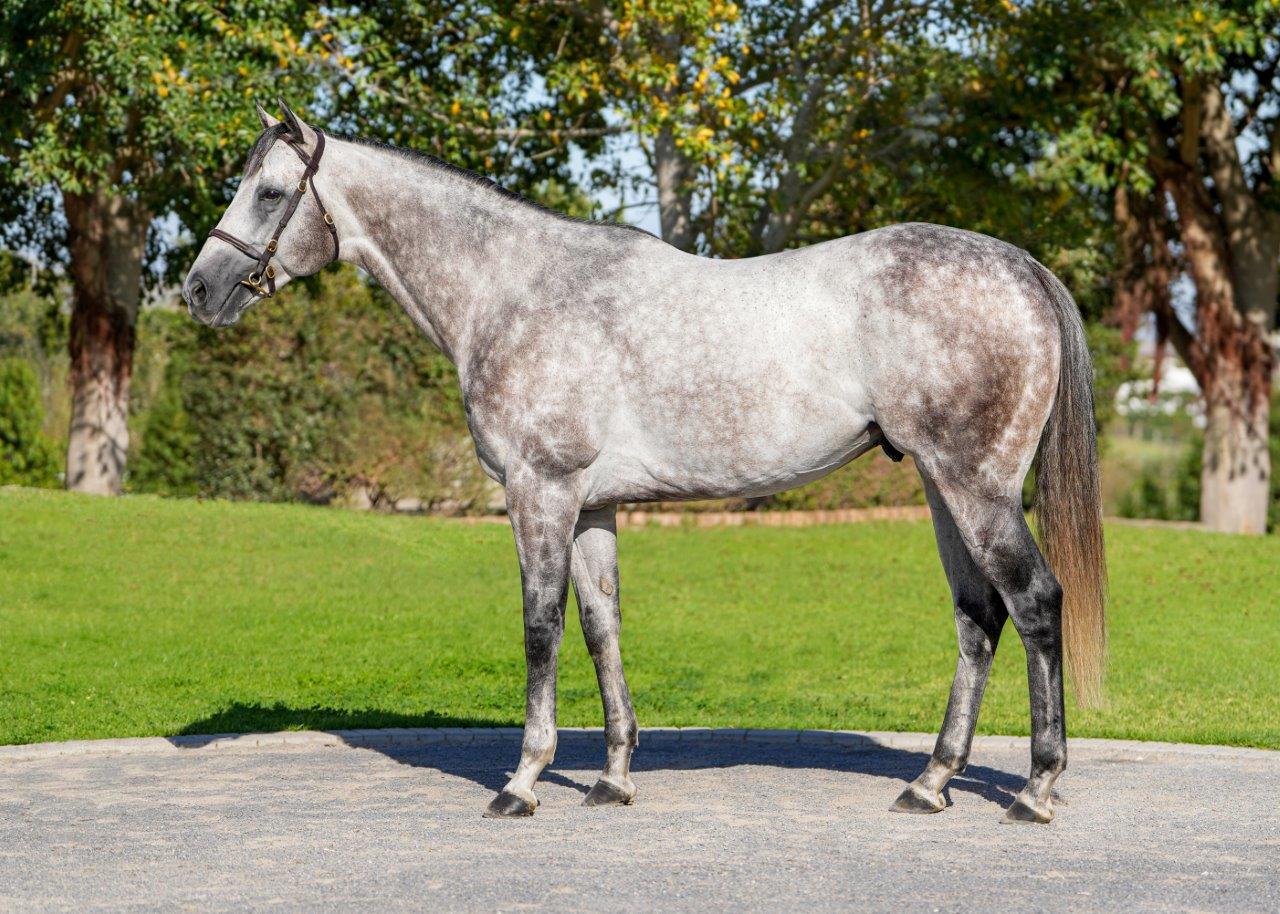‘As Mr Savage reminded us several times, the power lies squarely in our hands.’
That was the bottom line of an editorial published under ‘Cape Racing – The Future Is In Our Hands’ on the Sporting Post website on Wednesday 18 May 2022.
Read Cape Racing – The Future Is In Our Hands
Chartered Accountant and passionate racing man Dhalayan Moodley,B Com, BCompt (Hons), H Dip Tax Law (Wits), PMD (Harvard Business School), writes in the Sporting Post Mailbag that he believes that Charles Savage was confused to suggest the power was in the hands of stakeholders. Whatever the thinking, such a statement probably only confused the Cape stakeholders in the audience.

Mr Moodley writes that Kenilworth Racing (KR) is a company and the shareholders of KR have the right to appoint and remove directors – also, the remaining directors may have the power to appoint directors to fill a vacancy, until the next AGM of a company.
The fact of the matter is that Cape stakeholders in the audience have absolutely no right to appoint directors to KR, and as such they have no right to influence nor control the strategic direction nor the decision making of KR. These powers reside with the KR Board of Directors.
Charles Savage’s statement was a ridiculous one, and you, as the Cape stakeholders, were probably being ridiculed, in my opinion.

The right to appoint or remove directors of KR resides with the trustees of the Thoroughbred Horseracing Trust (THT), who is the 100% shareholder of KR.
Unfortunately, what KR and the THT are attempting to do in relation to selling all or a portion of the shareholding in KR, is too little too late.
This process should have commenced when KR had various contracts cancelled / suspended / disputed by John Evans, circa 22 months ago.

The KR Board did themselves no favours by admitting, in writing, that the company was financially distressed over the past two years on multiple occasions.
The Companies Act explicitly states that if a company is financially distressed, the directors have a fiduciary duty, inter alia, to place the company in business rescue.
If a company does not pass the liquidity test – the ability of the company to settle its financial obligations for the next six months – the directors are obliged to place the company in business rescue.
The KR directors appear to have breached the Companies Act, on multiple occasions, by not passing a resolution to place KR in business rescue.
What appears to make matters worse is that the directors of KR and the directors of MOD may have conducted themselves recklessly and engaged in reckless trading by KR receiving financial assistance from MOD – and MOD granting financial assistance to KR.
This potentially exposes both sets of directors to personal liability to KR in terms of the Companies Act.

The test here will be whether KR had prepared its financial forecasts and cash flow projections based on realistic assumptions, and whether same was tabled and interrogated at a KR Board meeting before committing the company to be indebted to MOD on terms and conditions that appear to have financially distressed and prejudiced KR as a company.
Conversely, MOD directors had a duty to satisfy themselves that they were acting at arm’s length and that KR satisfied the affordability test.
Let’s get to the point of independence of all parties concerned, including directors and trustees.
Any director that sits on the KR board who represents MOD or has links to MOD, should not have participated in any deliberations at the KR Board on matters pertaining to MOD.
Such persons are duty bound, in terms of the Companies Act, to recuse themselves of all matters pertaining to MOD, and more importantly, the minutes of the Board meeting and the resolutions passed should reflect that such parties declared their conflicts of interest and abstained from such deliberation.

Additionally, no authority should have been delegated to such directors to sign any documents with MOD, given their conflicts of interest.
Conflicts of interest have always been a problem in the Horseracing industry. But the sitting Boards of Directors / Trustees have always downplayed this point.
These chickens have certainly come home to roost and the ensuing nightmare isn’t going to end anytime soon.
Less than 2 years ago, almost the entire RA Board of Directors decided to advise MOD to bid for Phumelela’s assets – this being a direct conflict of interest as the RA – together with the THT – was the largest shareholder in Phumelela.
Have you ever heard of a major shareholder in a company, advising a potential buyer (MOD) of the company or its assets (Phumelela)? ABSOLUTELY RIDICULOUS!!!
The RA directors abandoned their own claim to Phumelela for in excess of R320 million under the Stakes agreement as they realised that persisting with a dispute with Evans would potentially have prejudiced their advisory work with MOD and their bid to control the largest operator in SA!
I have no doubt that if Betfred was the preferred bidder, the RA Board of Directors would have pursued the R320 million plus stakes claim in the same manner that Gold Circle pursued their disputed claims with Evans. History shows that Gold Circle eventually won the dispute.
If you connect the dots to the conflicts of interests and – as SP poster GHJ has been drumming about, ‘the men with many hats’ – you start understanding that the majority of these directors and trustees appear to have abandoned their fiduciary duties to the entities that they were appointed to serve.
The majority appear to conduct themselves to benefit not the Horseracing industry at large, but a family and a few chosen friends.
It has been well documented that Mary Slack and Jessica Jell ‘requested’ Charles Savage and Mike de Kock to join the RA Board a few years ago.
Brian Riley was also ‘requested’ by the same persons to join the RA Board.
With the purging of the remaining Jooste-era directors from the RA board, the MOD ‘appointed’ directors were hard at work at the RA, not for the benefit of the RA but for MOD.
Remember the RA appoints 5 of the 7 Trustees to the THT. What’s the likelihood of these Trustees not being a chip off the RA block? And the same could be said of the KR Board!
Based on Bloomberg’s revelations, one has to ask on what legal grounds MOD can pitch up at the THT doorstep and demand from the THT specific performance – taking the KR shares as security – in relation to a financing transaction that was consummated between KR and MOD some time ago.
The questions that remain unanswered are:
(1) Did the THT sign suretyship for KR in favour of MOD, limited to shares in KR?
(2) Did THT sign a cession of shares previously in favour of MOD?
(3) Did KR breach the financial covenants imposed by MOD that now entitles MOD to call up the ‘facilities’? This should not result in MOD having any right to call for the KR shares as security unless (1) and (2) above were properly executed;
(4) Would the granting of the KR shares as security constitute a voidable disposition in terms of the Insolvency Act?
(5) Did the MOD ‘conflicted directors that sit of the KR Board’ recuse themselves and abstain from all things MOD?
(6) Did the non-MOD directors at KR remind the MOD appointed directors at KR that they must recuse themselves on MOD matters? The minutes of Board meetings would be interesting to ascertain whether these matters were properly handled and the signatures on resolutions and legal agreements will reaffirm same, or not.

Remember MOD gave a R100 million post-commencement finance ‘loan’ to Phumelela and the MOD advisors started in parallel to negotiate the takeover of Phumelela’s assets. The same strategy has been rolled out for KR, albeit the timeframes are non-identical.
We have lived with conflicts of interest for two decades, but the kind of capture we are experiencing is unprecedented – it appears that a family wants to control the sport of Horseracing on their terms.
On a final thought – one really has to question whether Phumelela has any legal rights to hold back the PGI R25m that appears to unconditionally accrue to KR to benefit themselves and RMB? Why has the KR Board not lodged a legal claim to recover these shares from Phumelela?
It’s irrelevant whether the THT or RA or Phumelela benefits from the business rescue process winding up sooner or not. The Directors of KR have a duty to the company to recover the R25m immediately.
Phumelela standing surety for KR’s indebtedness to RMB does not give the Board of Phumelela- or Evans – the right to the assets (R25m) of KR.









